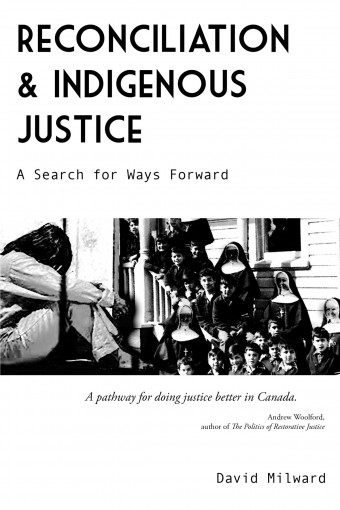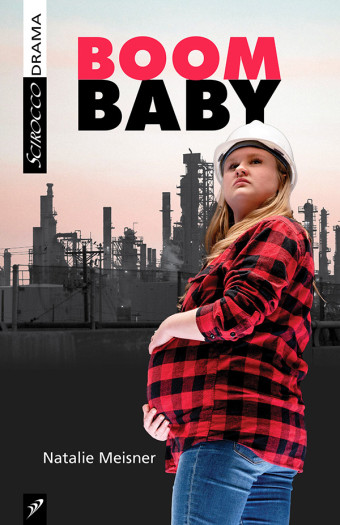In Reconciliation and Indigenous Justice: A Search for Ways Forward, David Milward, a University of Victoria legal scholar, builds a case for his claim that the “most critical factor” in the high rate of Indigenous incarceration has its roots in the Canadian residential school system.

- Reconciliation and Indigenous Justice
- David Milward
- Fernwood Publishing
- $32.00 Paperback, 240 pages
- ISBN: 978-17-73635-19-4
Milward uses recent judicial rulings and judicial acknowledgements that generational trauma attained at residential schools continues to reverberate in Indigenous communities, exacerbating high cases of recidivism.
When asked if this writing method was meant to show that the current judicial system itself could lead towards empathy among non-Indigenous Canadians, he replied that this was partially so.
More importantly, it was “to show the limits of working within the Canadian system. The judicial system remains fundamentally committed to deterrence through incarceration, and many of the decisions show that those goals frequently win out against alternatives that would better serve Indigenous people. It speaks to the need to eventually allow Indigenous legal orders to manage crime in their own ways,” states Milward.
Milward is a proponent of restorative justice. The legal scholar envisions restorative justice as a “horizontal process where persons with a stake in a [legal] conflict negotiate a resolution.”
This method stands in stark contrast to the traditional adversarial justice system, where the interests of the victim “are collapsed into the state’s interests” in prosecuting crime. A restorative Indigenous criminal justice system would have “victim’s agreements” and address their interests including “personal safety” and healing the victim from trauma.

The current judicial system is moving at a glacial pace because the federal government is not taking the concept of restorative justice seriously, beyond a pilot project mindset. “Results to ameliorate challenges within the criminal justice system have only occurred in a piecemeal fashion,” explains Milward.
For Milward, only sustained political pressure will change Ottawa’s incrementalist behaviour.
“Everyone needs to exert pressure in their own ways. Private citizens need to acquire at least a modicum of awareness of justice issues that goes beyond the law and order thinking they’ve been brought up with. Politicians can mould public opinion to become more receptive to alternatives; it’s just a matter of finding the will to get that started,” says Milward.
Indigenous relations may be the purview of the Crown; however Provincial governments play a positive role, Milward says: “provincial governments have jurisdiction over the day-to-day administration of justice and therefore have a key potential role in shaping Indigenous programs that I describe as part of the transitory phase leading to Indigenous legal orders.”
Reconciliation and Indigenous Justice is a scholarly piece that may not be an easy read due to the topic; however, it is an important and timely tool that can be used to help propel reconciliation in Canada.
When asked where he found hope in all of this, Milward stated, “It’s a refusal to give up when I see how bad things are for Indigenous peoples that fuels a sliver of hope.”













